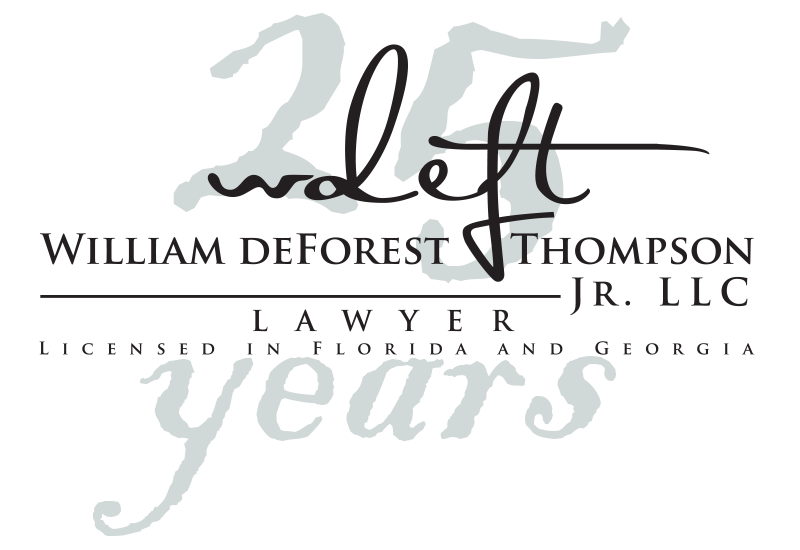In 2006, the Florida Supreme Court decertified the class action of smokers against the tobacco industry, ruling that cases could be tried individually but laying down certain rules by which those cases would be tried. Engle v. Liggett Group, Inc., 945 S0. 2d 1246 (Fla. 2006). Decertification can happen when the Court determines that the issues raised are more appropriate in individual cases rather than being tried in one giant group trial. Frequently, the companies being sued seek to decertify a proposed class. File this with ‘be careful what you ask for’. In our recent data breach class action, the Defendants were recently convinced to RECERTIFY the class after successfully asking the Court to DECERTIFY the class. You need look no further than what happened to the tobacco companies in Engle to understand why.
In one of the individual cases from the Engle decertification, the Florida Supreme Court took up the issue of verdict amounts in the context of “intentional torts” alleged against the tobacco industry. Patricia Ledoux’s Estate was awarded tens of millions of dollars in both compensatory and punitive damage for her death caused by tobacco smoke and the dangerous addiction two tobacco companies intentionally marketed and produced according to the evidence in her case. The Supreme Court refused to reduce the verdict at the request of the tobacco companies. See, Phillip Morris v. Ledoux, 230- So. 3d 530 (Fla. 2017). Ms. Ledoux was, of course, only one of hundreds of thousands of smokers (if not millions) that were a part of the original class. Ever since decertification, the tobacco companies have been trying case after individual case like this one. In some instances, the individual case was not brought because a lawyer could not be found for it. Some of the individual cases were won by the tobacco companies. But then there are the Ledoux cases remaining out there – plenty of them. The gamble the tobacco industry took when setting their strategy was that their overall payouts would be less where the plaintiffs were left on their own to find lawyers and fight it out. At least in Ledoux, the Florida Supreme Court was not interested in helping them out.
Class actions are beneficial because they provide a remedy to many victims who would not otherwise be able to find one – or a lawyer willing to fashion it for them. The task of representing hundreds of thousands of clients – in my cases, victims of data breaches (many of whom have suffered serious identity theft) – is a serious one. Be careful when choosing your lawyer if you suspect you may have an individual or a class action case.

